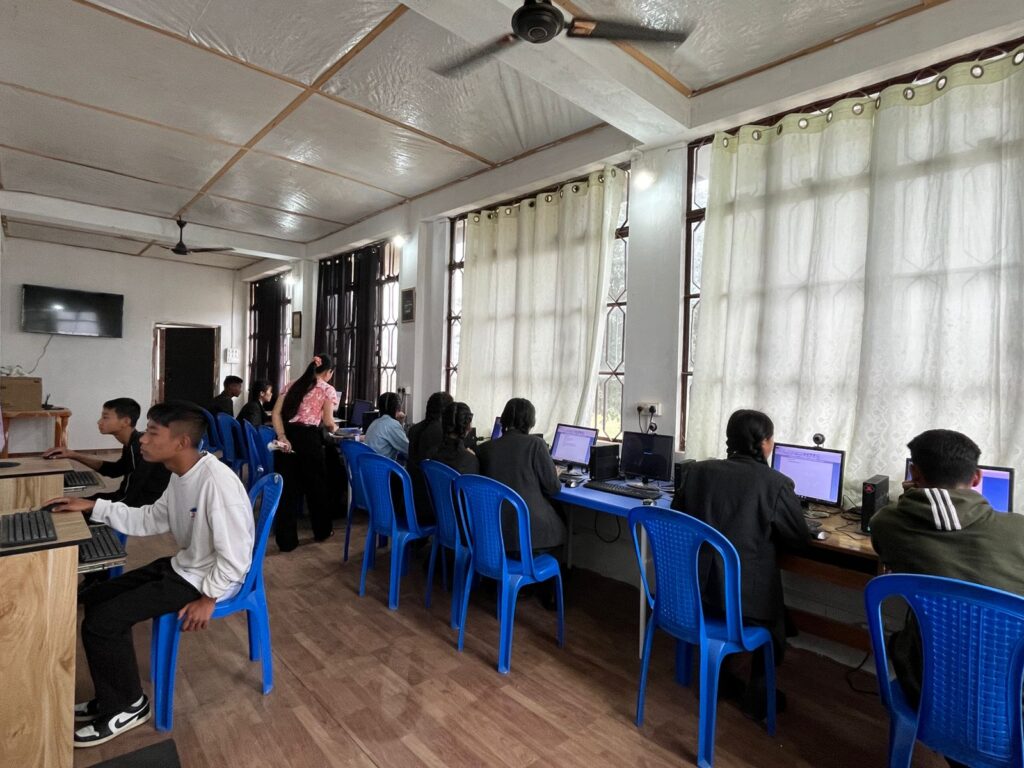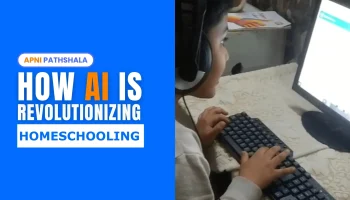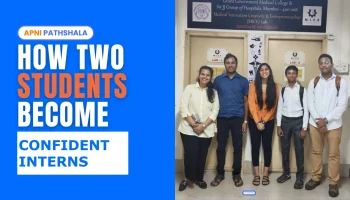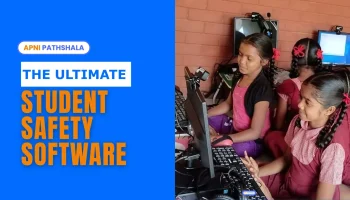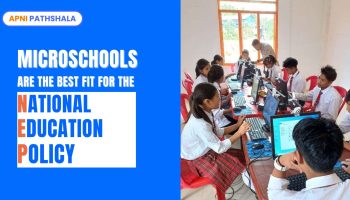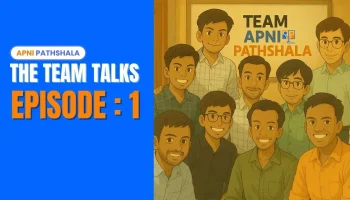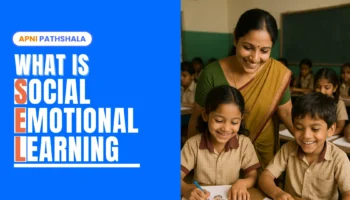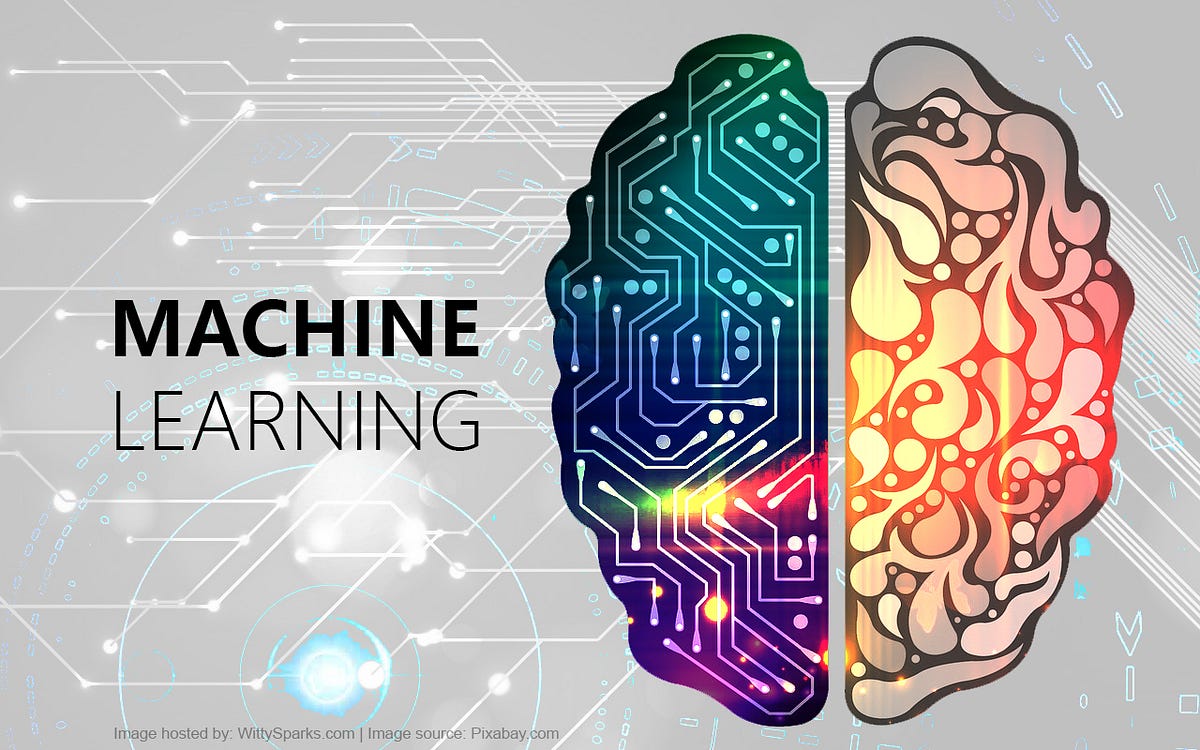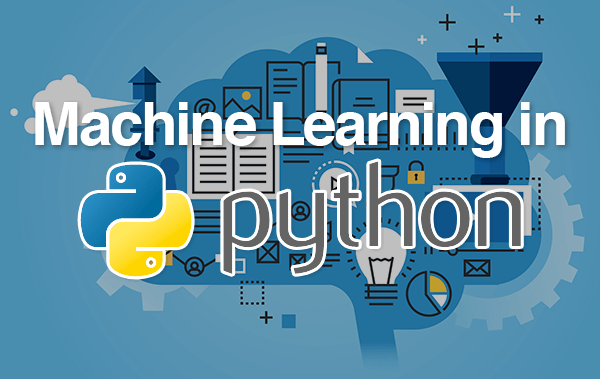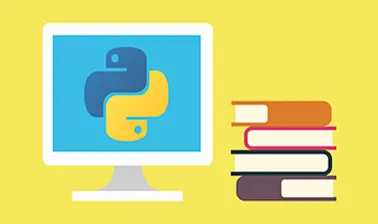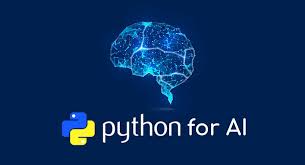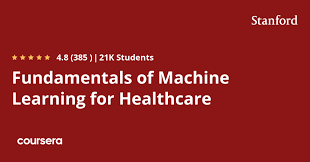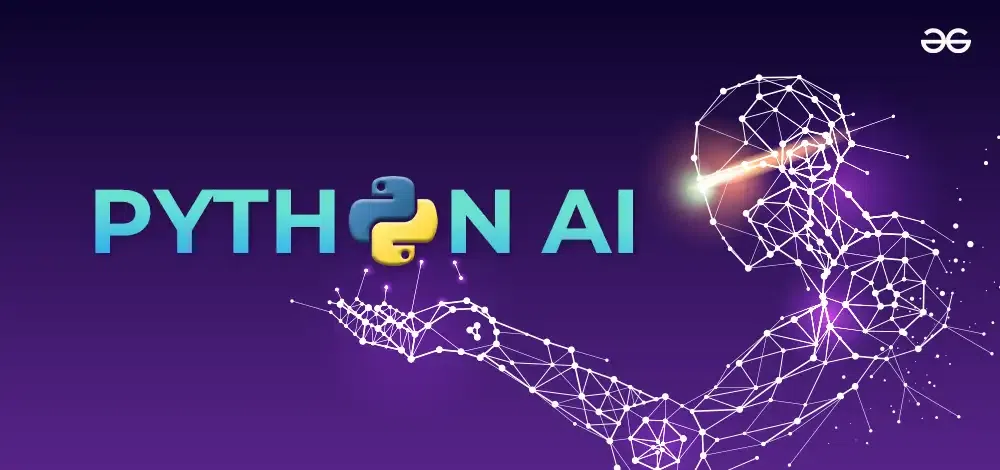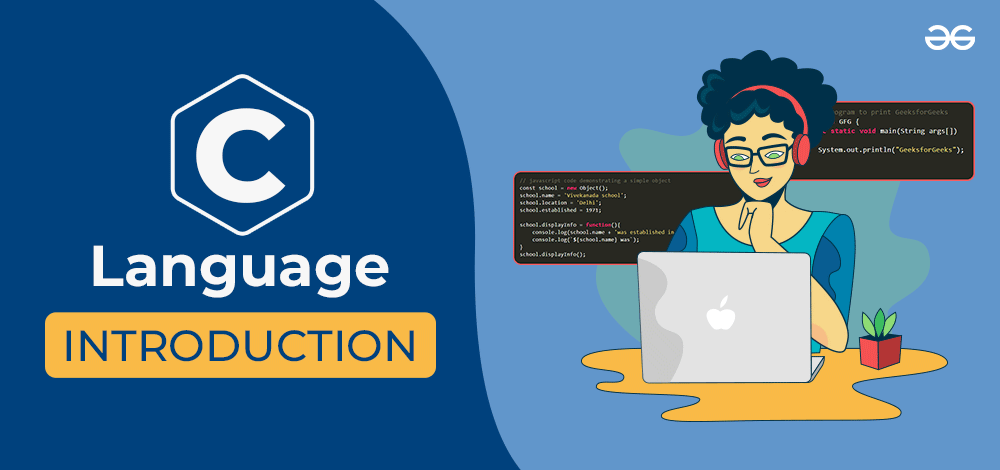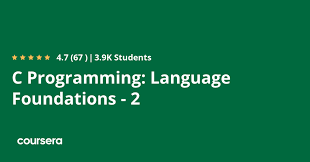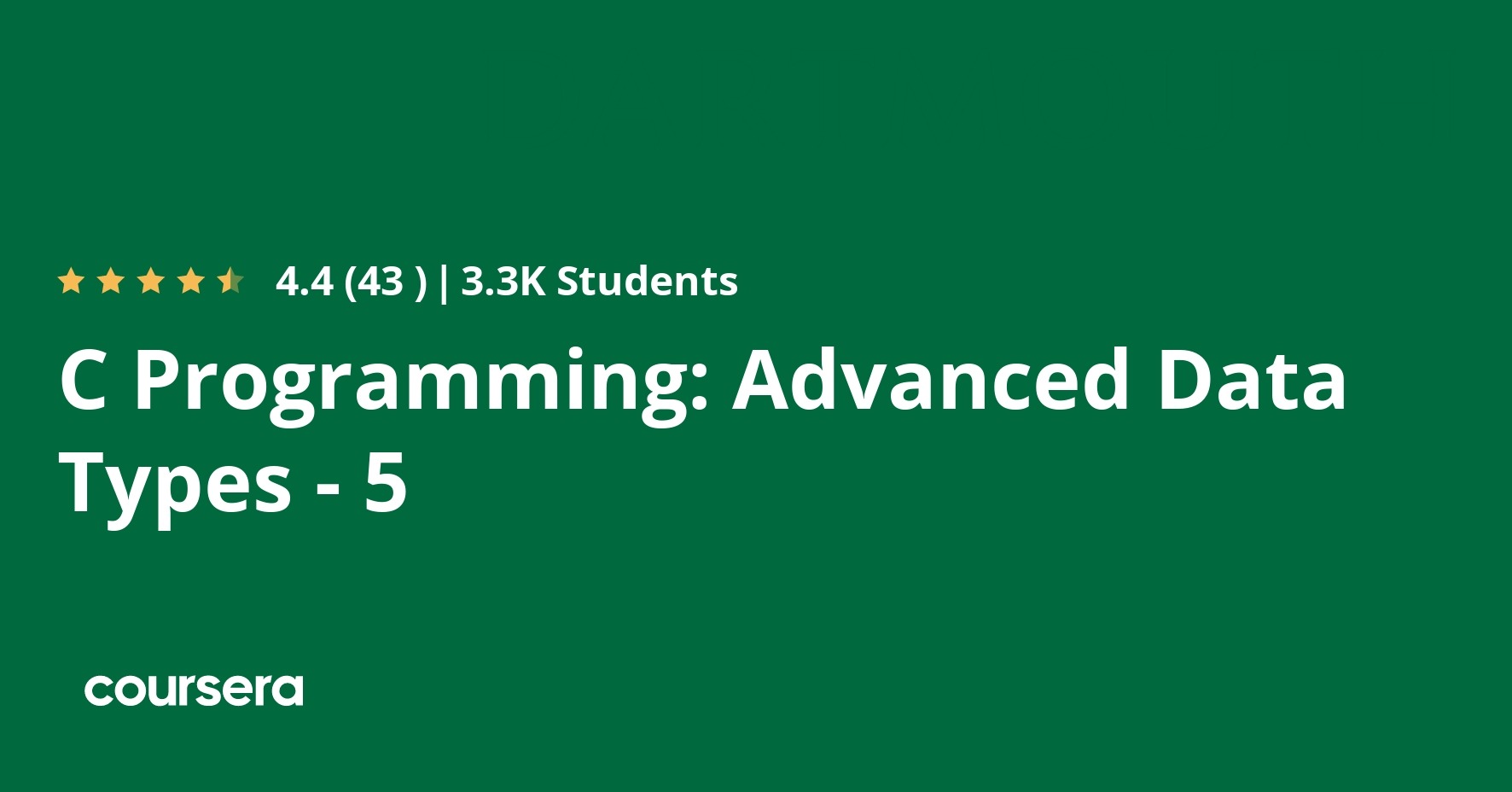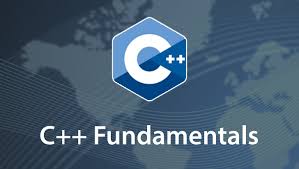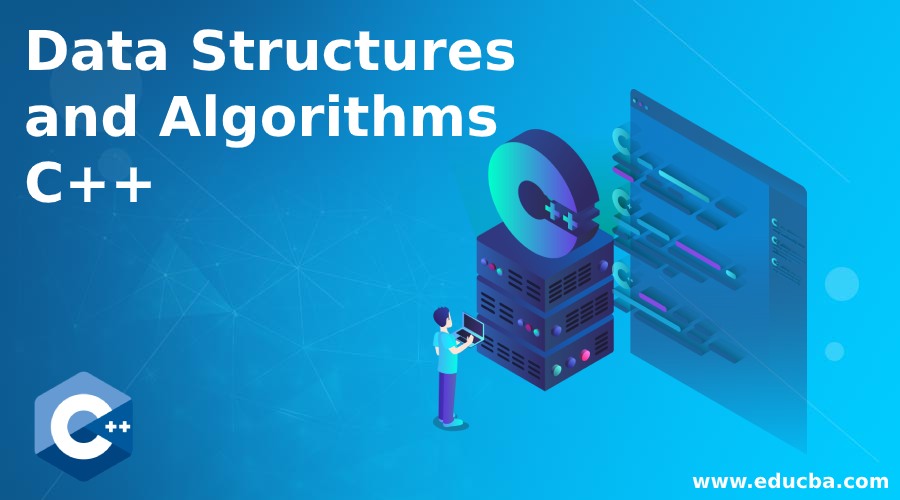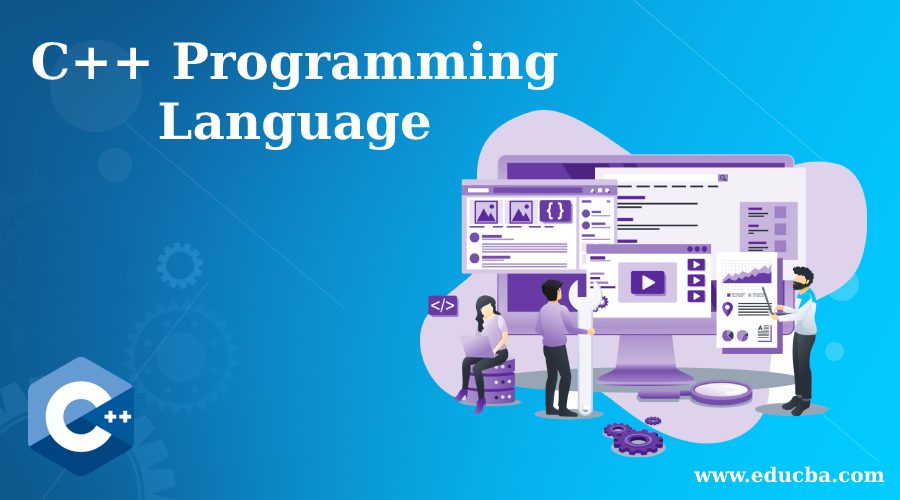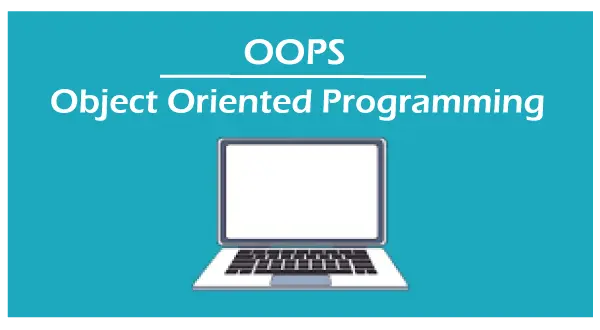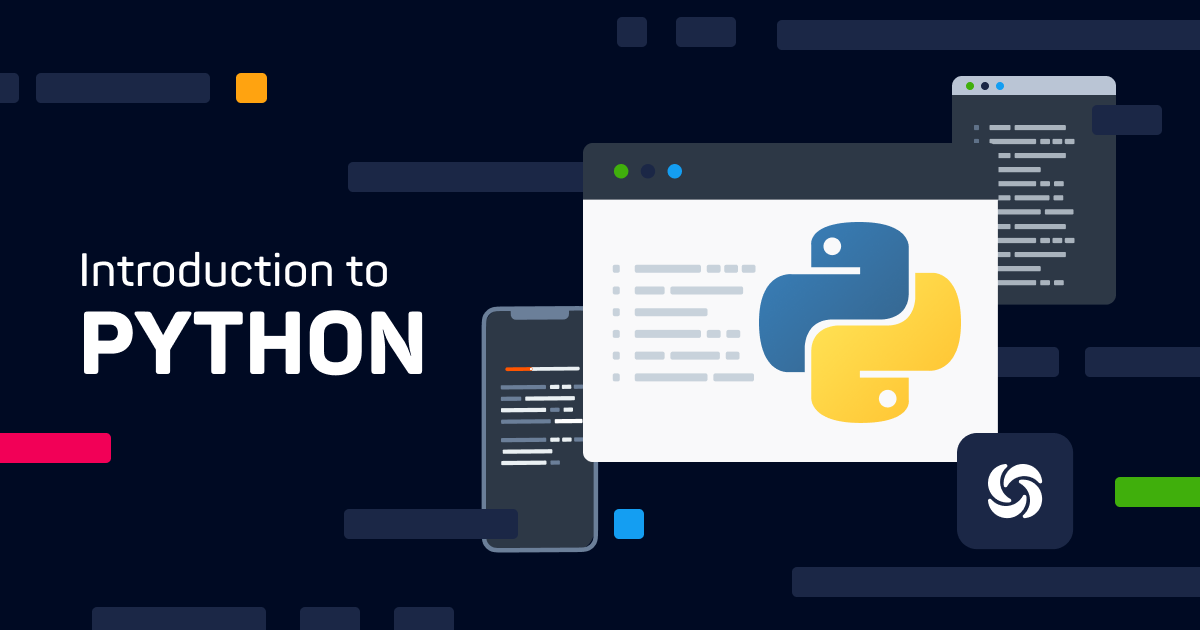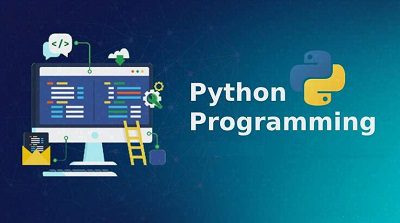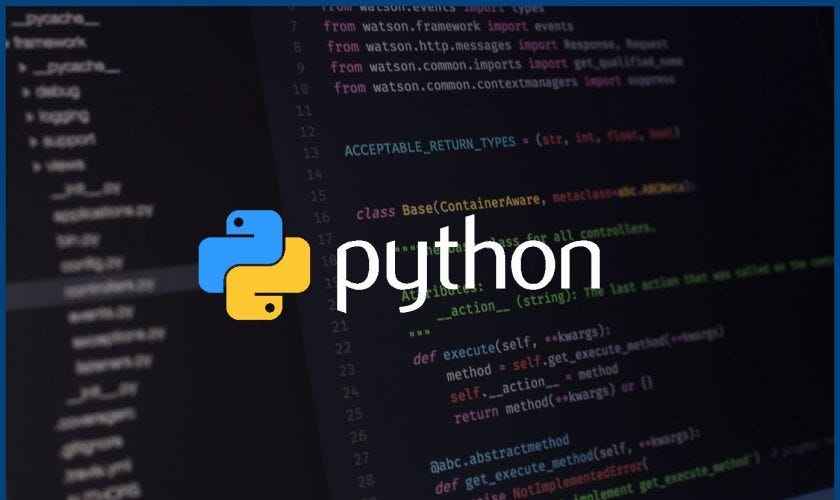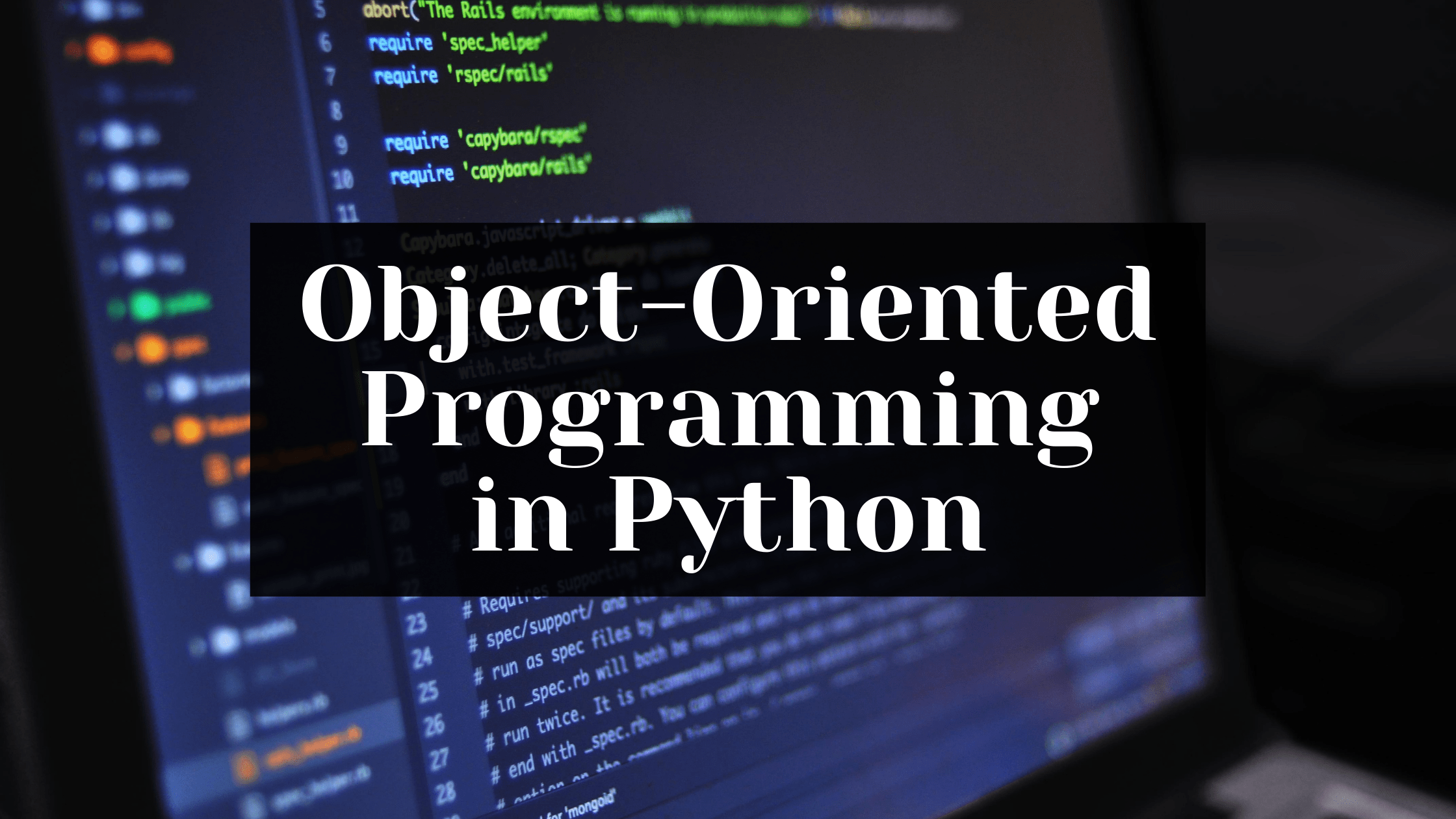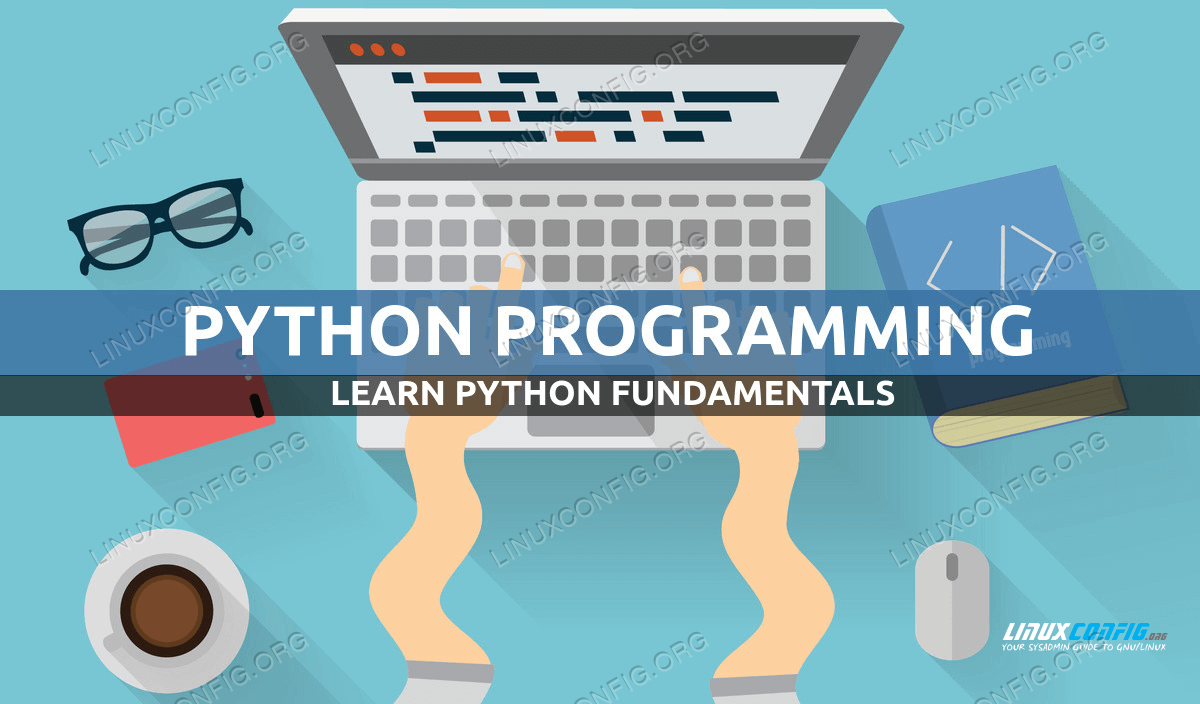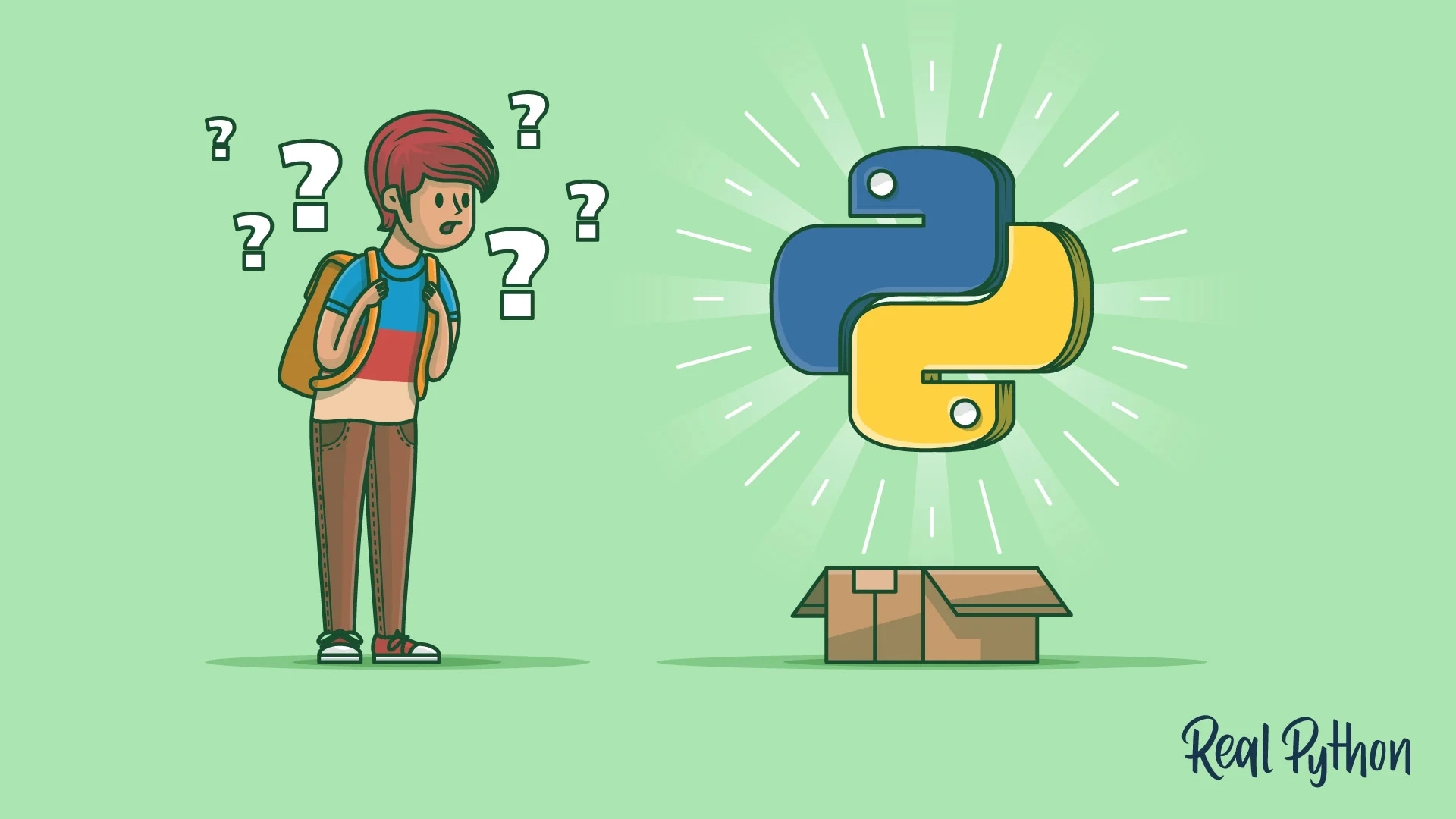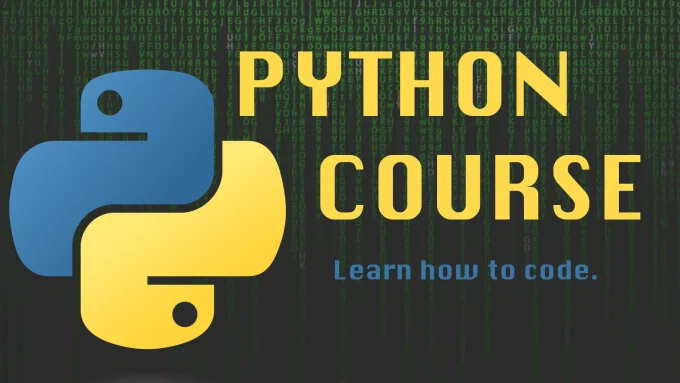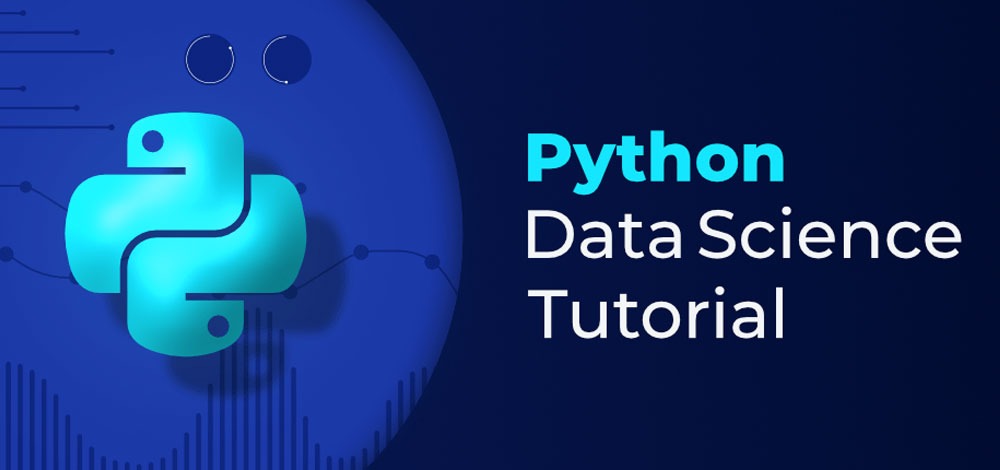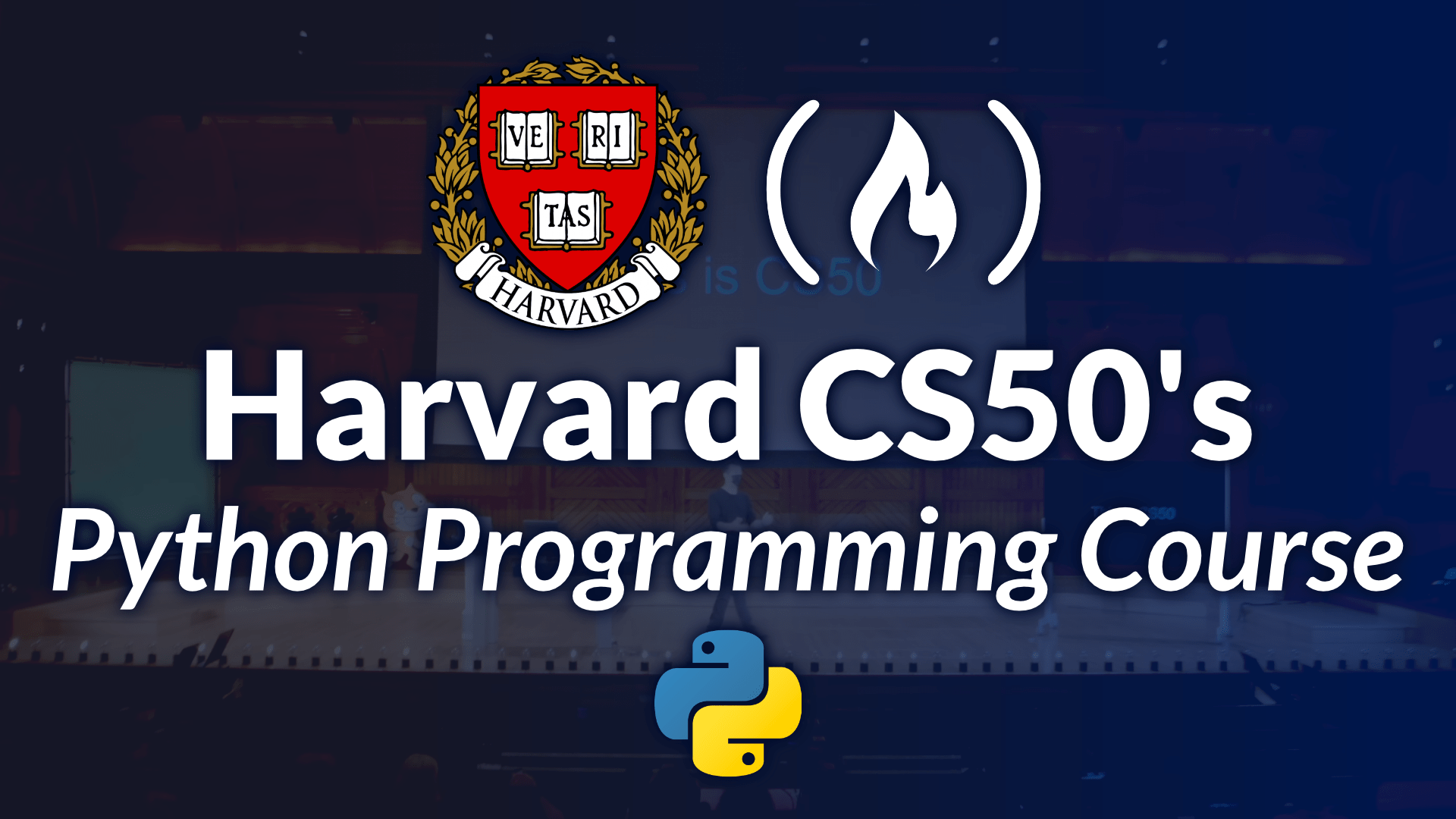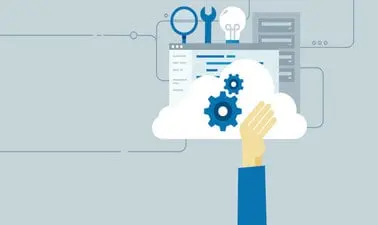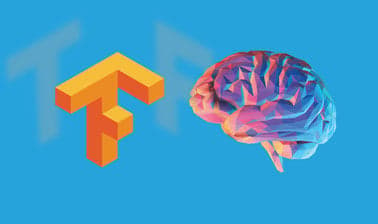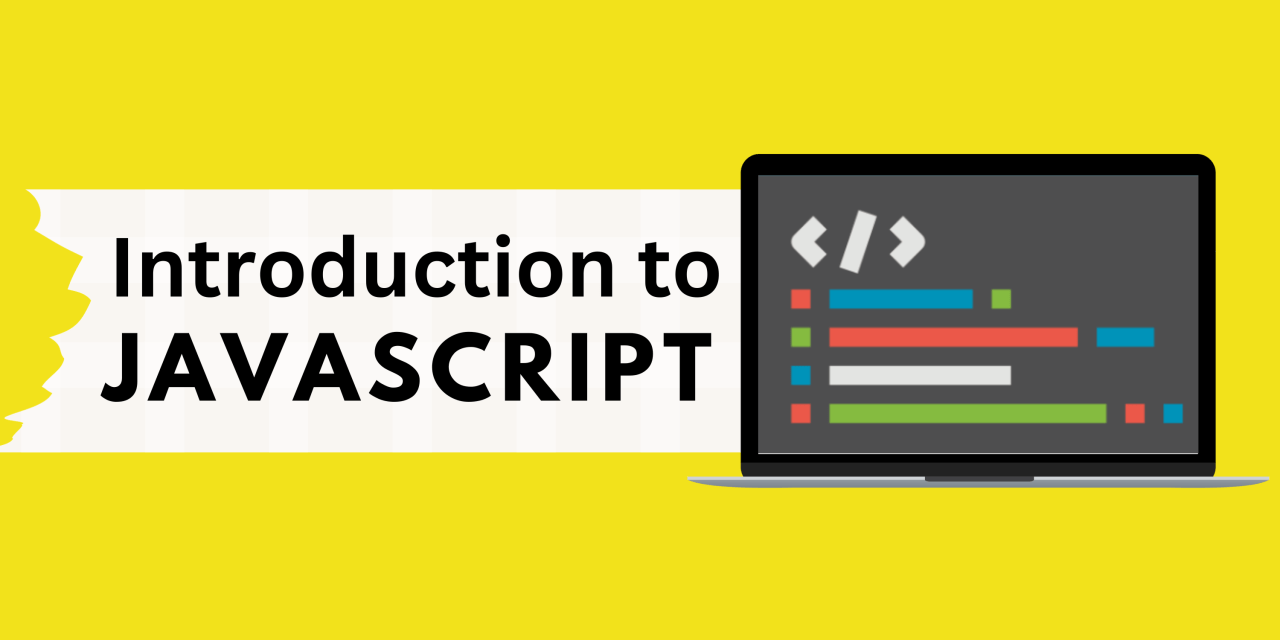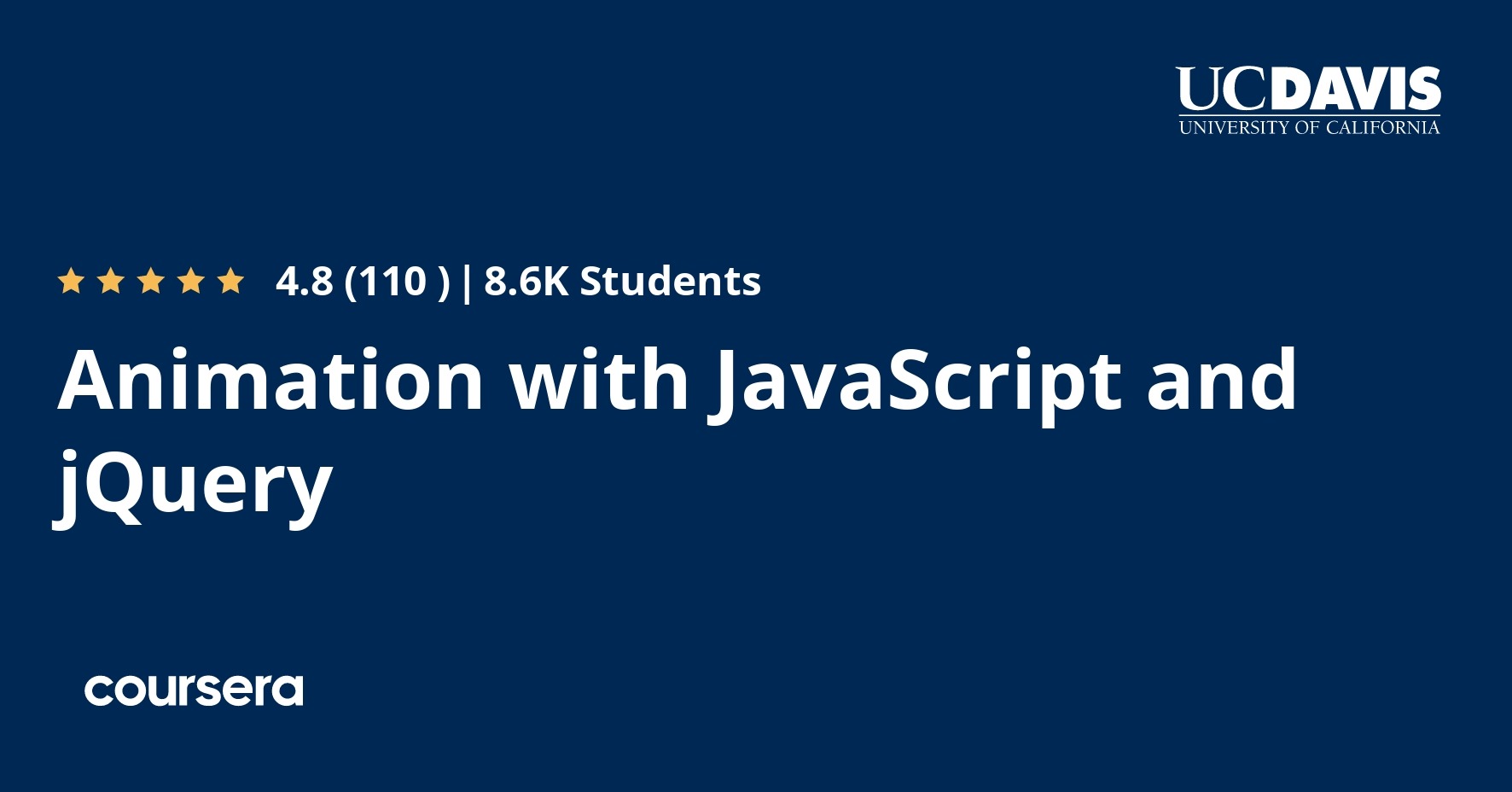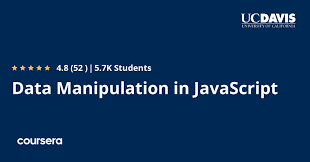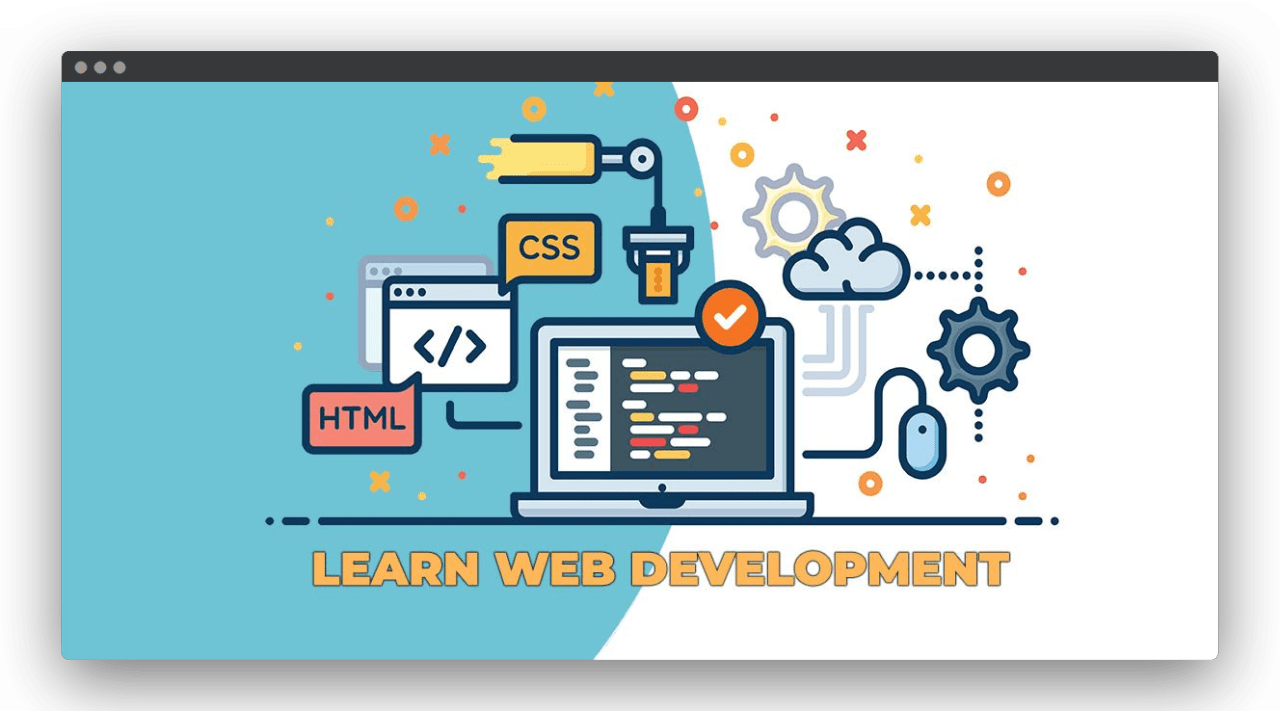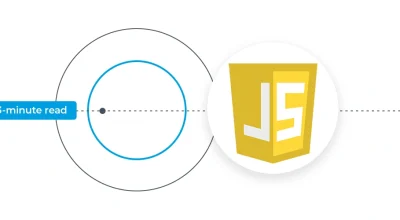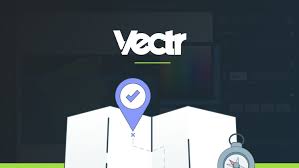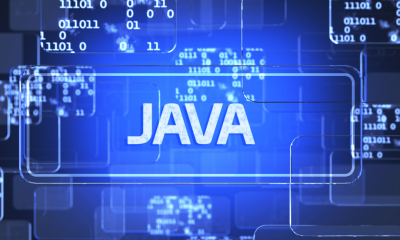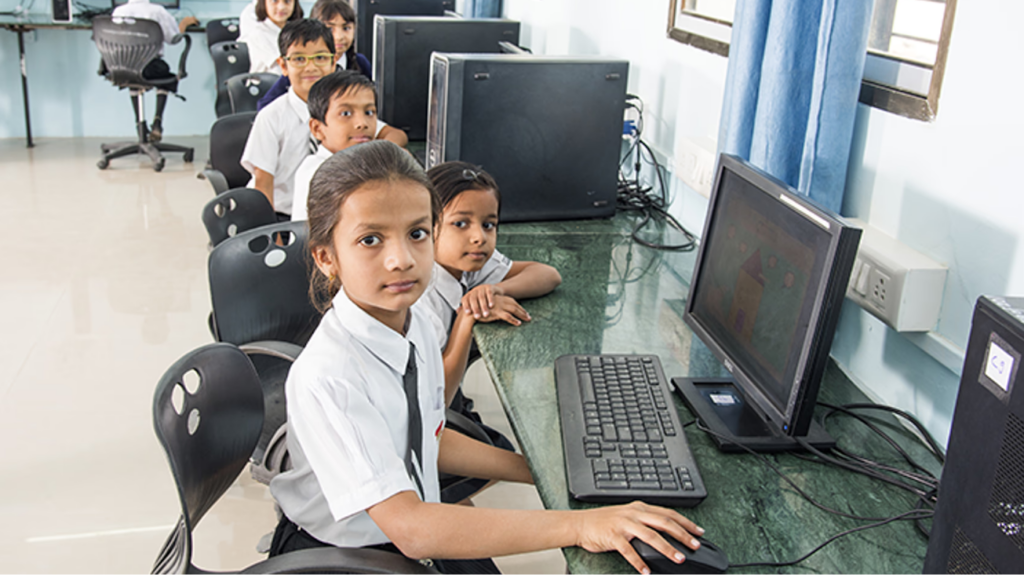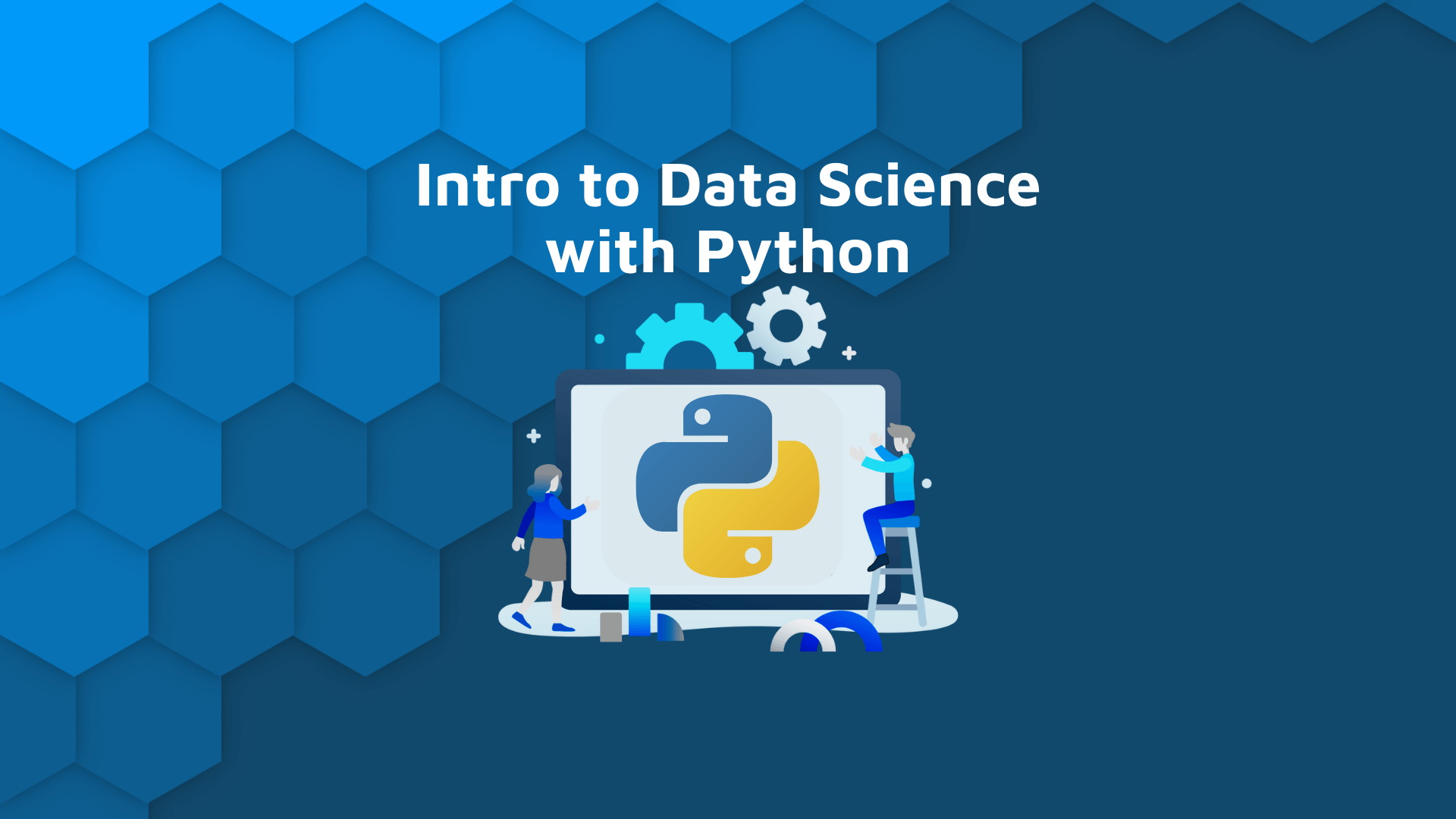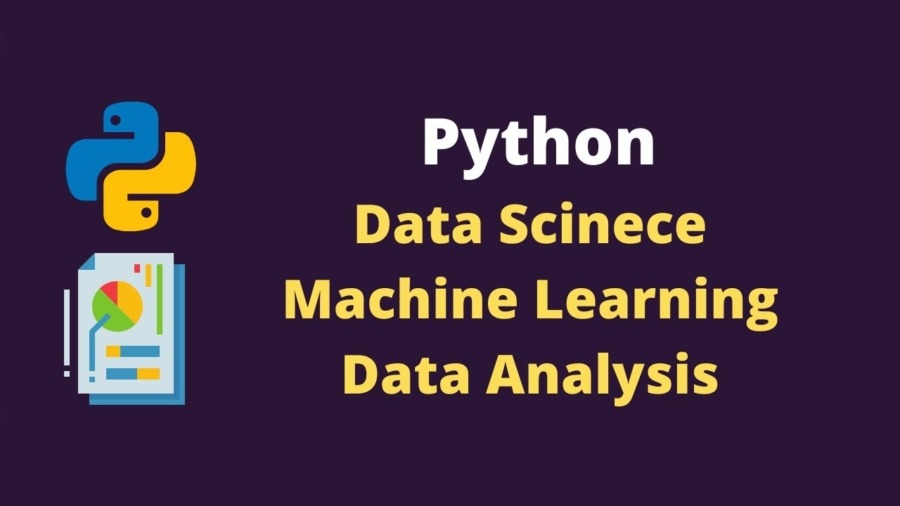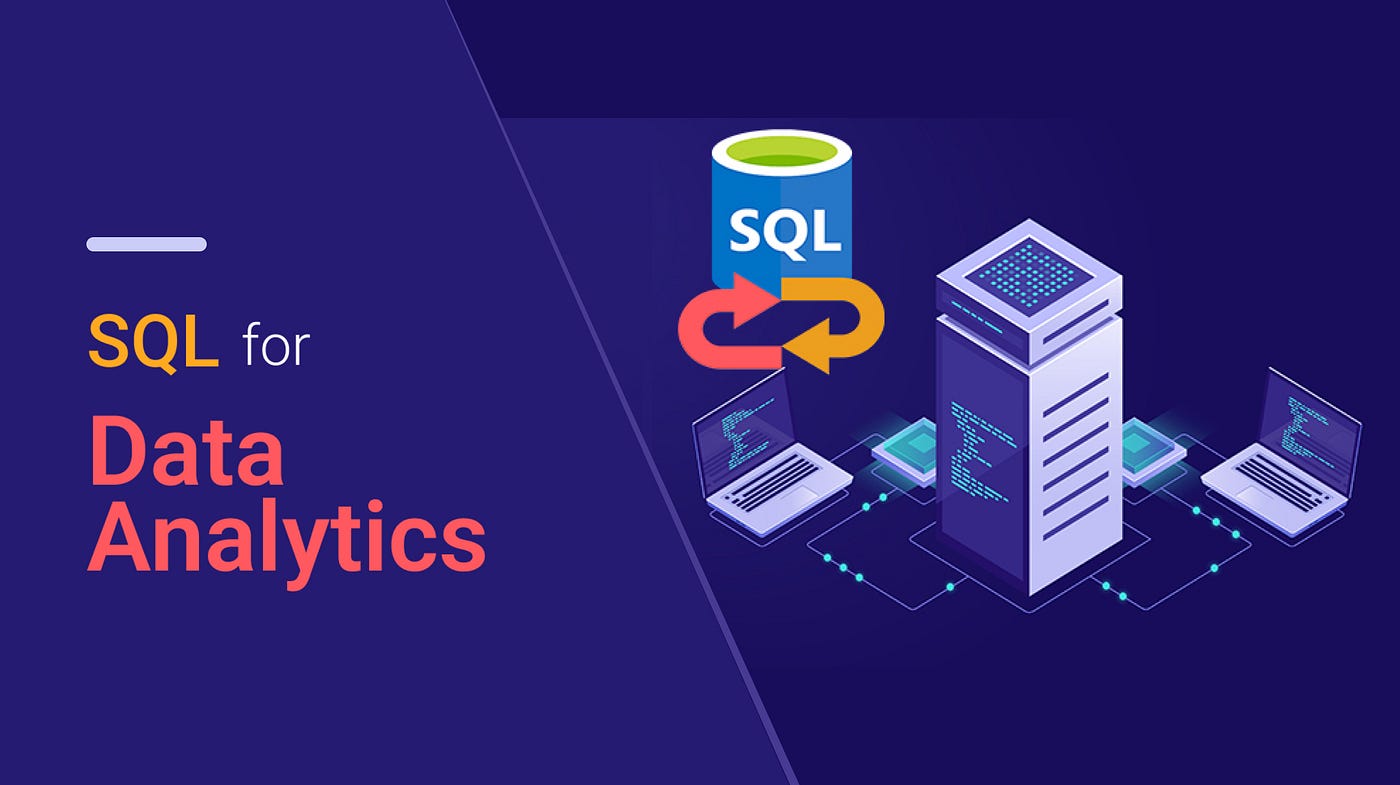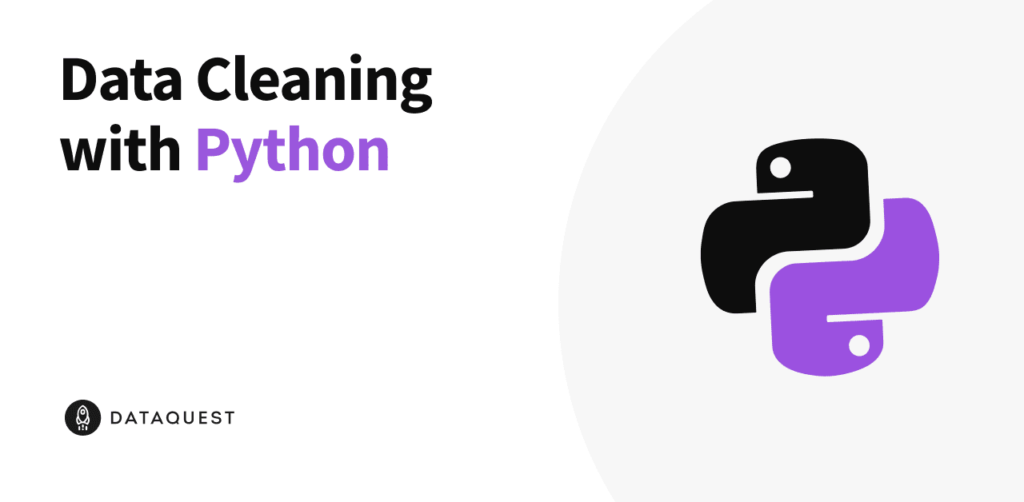Dr. Malpani believes that children will learn best by exploring online resources on their own. He is looking for NGOs to partner with to run these centers. The NGOs will need to provide the space, internet, supervision, and staff for the centers.
Dr. Malpani is funding Apni Pathshala to create Community Based Learning Centers across India. These centers will be equipped with computers and internet access and open to anyone in the community. The centers will be staffed by loving adults who care about kids, but who do not need to be teachers.
Why am I doing this? Do I have a hidden agenda? How do I benefit? Where are the funds coming from? Are there any strings attached?
Here are some answers.
I am funding this from my funds, which is why there is no paperwork or delay. If you are the right NGO, I’d be happy to partner with you!
God has been kind, and I want to use my money to help all Indian children have access to the same high-quality education I was able to provide for my children. I have earmarked Rs 2 crore for this experiment and want to run about 100-200 pilots across the country. I expect most will fail, but I’m hopeful that we will have enough success stories to ensure this becomes a viable option.
Think of these Community-Based Learning Centers as public digital libraries or community educational cybercafés. Why should libraries be restricted to school buildings only?
These centers will be a community resource for anyone who wants to use them. We will start by positioning them as after-school hours, technology-enabled learning centers. This is because parents are comfortable with the idea of sending their kids to tuition, as they aren’t happy with the quality of education schools provide. Since each child will have access to a PC, this will be our unique selling proposition (USP). Many children suffer from an inferiority complex, which is why their potential remains untapped. Access to online resources will help them overcome this because they can now learn from the world’s best teachers!
The staff will be caring adults who are passionate about children and trusted by the community. Their job is to keep the children safe and ensure they don’t fight with each other or damage the equipment – not to teach them. Literate or illiterate housewives are fine too – the kids can teach them how to use the PCs. The children will learn independently, using online resources and from each other. What they learn will be up to them, because their learning journey will be powered by their curiosity. This will be deliberately unstructured, so they are free to learn what they want when they want. They are free to play games and watch movies if that’s what they choose to do.
We believe it’s important to charge for the services the center offers. Charity can damage self-respect, and these centers must be self-sustaining. If parents are willing to pay fees, it’s a clear sign we are adding value. If parents refuse to pay, it means the experiment is failing.
What about salaries for the staff? This will need to be funded by the NGO. The plan is that the center will generate enough revenue to be able to pay for staff salaries within a few weeks. What about paying for the space? This needs to be provided by the community. People have a soft spot for children and understand the importance of educating them. They’ll likely be happy to help, but they also need to have some stake in the game.
For me, the biggest challenge is finding the right NGOs to partner with. You should have been working in the community for at least three years and be willing to take ownership of these centers within the community.
We will provide the technology (10 PCs) and the curriculum (if you desire it). You will need to provide a safe space, an electrical connection, internet access, supervision, staff, and the students! You will need to build a public presence by setting up a website for each center, so they can showcase their activities and demonstrate to the world how much their students are learning. We want NGOs who share this vision and will take ownership of the pilot programs they run, so they can create success stories that others can replicate.
The centers are not restricted to children alone – everyone is welcome to use the resources. They can be offered free access for occasional use or a membership fee can be implemented. This is a decision each center will need to make.
Please email me at malpani@malpaniventures.com if you are interested and convince me why you are the right organization to pull this off.
If you can get a warm introduction to me, this will help expedite the process!
“At Apni Pathshala, we are not just providing computers; we are opening doors to knowledge, skills, and endless possibilities.”
Recreated by:- Shailendra Jaiswar

